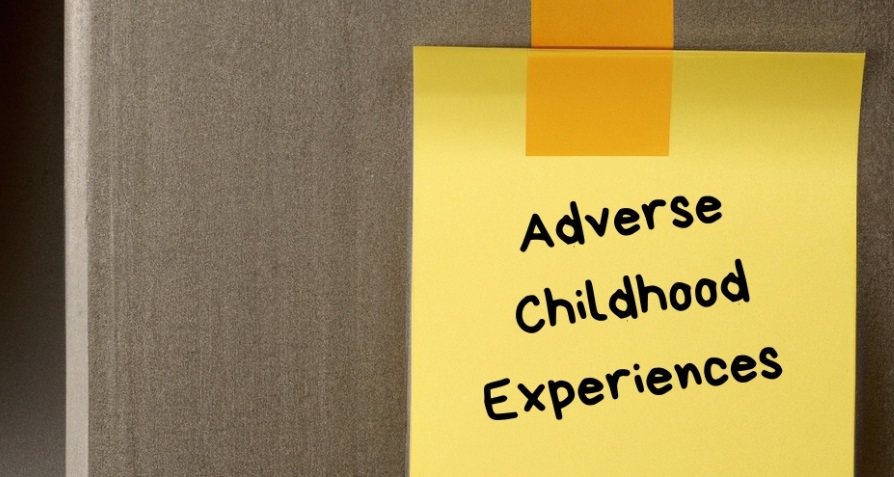Iris Telehealth acquires innovaTel Learn more
The Links Between Adverse Childhood Experiences, Substance Use Disorder And Alternative Therapies
April 19, 2023 | Mental Health Awareness | Substance Use Treatment

Childhood, for some, isn’t just about recess and sprinklers and Little League and lemonade stands. It can be a time of great stress and turmoil for a surprising number of youth, which could eventually lead to negative outcomes as those kids enter adulthood.
Adverse childhood experiences, known as ACEs, affect more than 60 percent of adults, according to the Centers for Disease Control and Prevention (CDC). ACEs, traumatic events that occur before a child reaches the age of 18, involve different circumstances. Generally, they include:
- Divorce
- Physical abuse
- Emotional abuse
- Sexual abuse
- Physical neglect
- Emotional neglect
- Mental illness
- Incarcerated relative
- Substance abuse
- Domestic violence
Research indicates that children who experience at least one ACE have an increased probability of experiencing certain outcomes in adulthood that include poor mental and physical health, substance use and risky behaviors. Studies have also shown that with each additional ACE experienced, specifically those involving violence or crime, a person’s likelihood of developing substance use dependence is nearly doubled. And those with a higher number of ACEs also demonstrate a greater incidence of negative mental health outcomes.
For perspective, 1 in 6 adults experienced at least four types of ACEs in childhood, according to the CDC.
As the nation faces an opioid crisis and an increase in suicidal ideation and behaviors, particularly among teens, it is vital to understand the underlying factors that may be key influencers of these types of outcomes. Dr. Joshua Ackerman, an innovaTel psychiatrist, said it is rare for him to see a patient who is dealing with substance use disorder who hasn’t experienced at least one ACE.
“If you’re really going to extinguish the feeders into substance use disorder, you have to treat the pipeline as to why someone doesn’t have the coping skills to handle what happened to them,” Dr. Ackerman said, noting that substance use disorder treatment does, and always should, include trauma-informed therapy. “It needs to be bundled in with it.”
And, as behavioral health providers working in an environment where demand for care is outpacing the supply, it’s valuable to consider — particularly in the current environment — how non-traditional or alternative therapies could help patients achieve improved outcomes.
As harm reduction practices become more accepted as therapies for substance use disorder, specifically related to opioid addiction, controversial treatments – like the use of psychedelics – are gaining momentum as potential therapeutic tools for trauma-related recovery and therapeutic breakthroughs.
“You’re treating the impact of those adverse childhood experiences. You’re trying to minimize those factors so the individual can engage in a meaningful way in trauma-based therapy,” Dr. Ackerman said of these novel therapies. “It’s a bridge to get from point A to point B.”
To be notified of webinars related to the topic of how ACEs impact behavioral health outcomes, sign up to receive our newsletter at the link below.
Newsletter sign up
Internet Explorer is no longer supported.
Please use a different browser like Edge, Chrome or Firefox to enjoy a full web experience.
It's easy to make the switch.
Enjoy better browsing and increased security.
